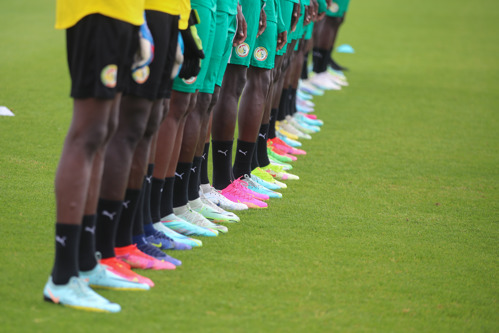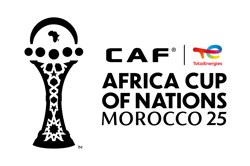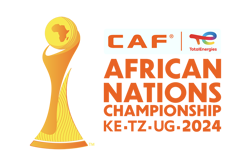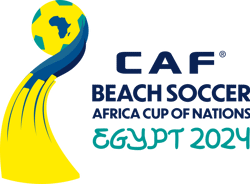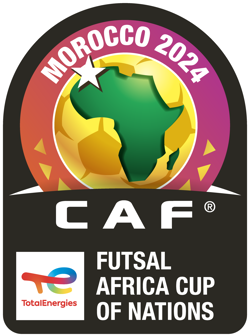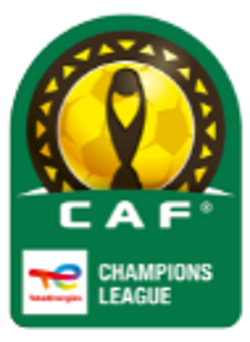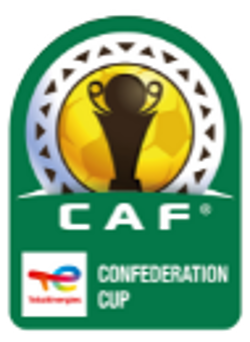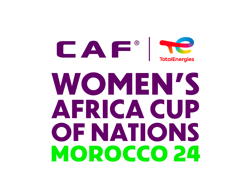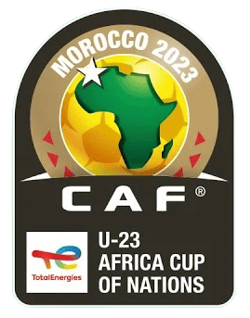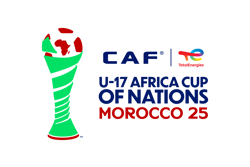TotalEnergies CAF U-20 AFCON: "Winning is difficult, but staying at the top is even more difficult” Serigne Saliou Dia
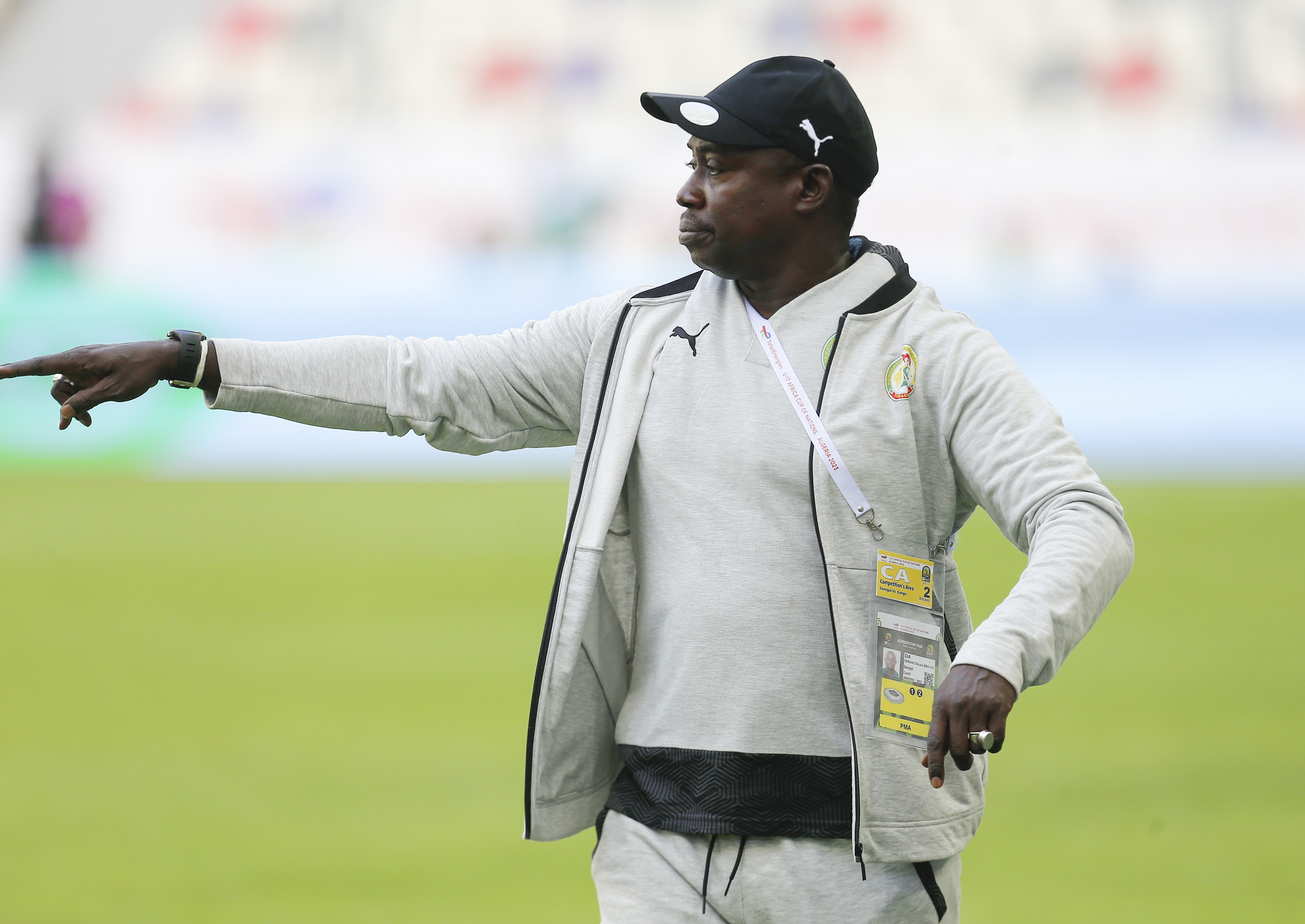
Crowned African champions in 2023, Senegal's U-20 national team approaches this new edition of the TotalEnergies CAF U-20 Africa Cup of Nations with a great challenge of defending their title.
In two years, the team has undergone major changes, notably marked by the departure of several key players who now play abroad and the arrival of a new coach, Serigne Saliou Dia, tasked with continuing the winning momentum.
With a largely revamped squad of young players from the U-17 team and new talents discovered within the local league, Senegal will without a doubt be the team to watch in Cote d’ Ivoire.
“We’ve lost about 50 to 60% of our champion team, but the country has an impressive pool of talent. We now need to rebuild a solid and competitive team,” explains the coach.
Placed in a tough group alongside Kenya, Sierra Leone, and Zambia, the Young Lions will have to cope with the pressure of being favourites.
“Many are waiting for us to slip up, but we must stay humble and work hard. What matters is what we show on the field,” adds the coach.
With just a few weeks to go before the competition kicks off, he shares his thoughts on the challenges ahead, managing the transition, and the major goal: retaining the continental title and securing qualification to the FIFA U-20 World Cup.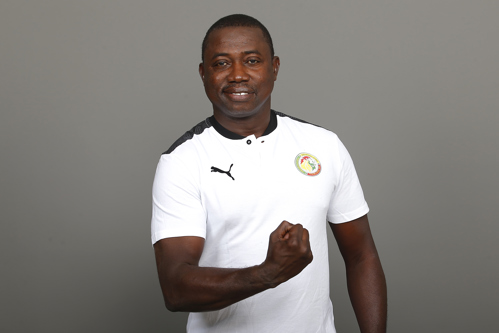
![]()
Cafonline.com: Senegal is in Group A alongside Kenya, Sierra Leone, and Zambia. What are your thoughts on this draw?
Serigne Saliou Dia: It’s always important to know your opponents to guide our work. Sierra Leone is a team we know well, especially after facing them in the final of the WAFU A competition. They are a lively team with talented individuals. As for Zambia, we played a friendly match last year, and they beat us quite heavily (5-2). Finally, Kenya is a newcomer to the competition, but football is developing everywhere, and every nation is organizing itself to build a competitive team.
It’s a very tough group, with English-speaking teams that have their own characteristics and playing style. But we have our strengths, and we will do everything we can to get out of this group.
You will enter the competition as the defending champions, which makes Senegal one of the favourites. How do you handle that pressure?
We will approach it with humility. Football evolves quickly: winning today doesn't guarantee success tomorrow. What matters is to keep our feet on the ground and understand that everything is decided on the field through hard work.
We have talented players capable of delivering great performances, but we must stay true to our values and show humility. We know we will be expected to win, and many believe Senegal must win again. But we are still hungry for victory, and we want to continue shining, which will require a lot of hard work and sacrifice.
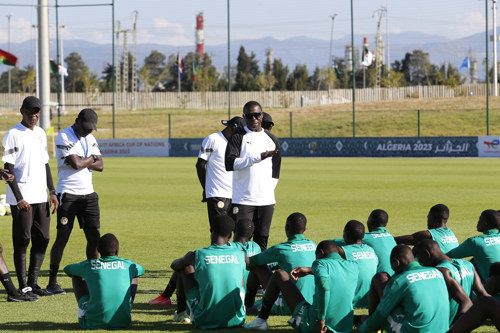
How are you preparing for the tournament?
The preparation is already underway. We have lost a lot of players, about 50 to 60% of the team, who have gone abroad. That’s how football works in Africa: once a player stands out, European clubs quickly notice them.
Despite this, we have a significant pool of talent in Senegal. We are restructuring the team with promising young players, some of whom were with the U-17s. We are also planning friendly matches, which are essential for gaining experience and learning how to handle the pressure of competition.
Senegal excels in developing young players. What is the strength of your football?
It’s the foundation work. Even in the most remote villages, you find young people training with passion. Football schools and academies, such as Diambars or Sacré Cœur, refine this training. Many young players regularly compete at a high level, which allows them to progress quickly.
Additionally, the Federation provides quality infrastructure, and we can prepare our teams for several months. Finally, continuity is key: the Federation and the staff have been in place for a long time, which allows for a stable and coherent vision.
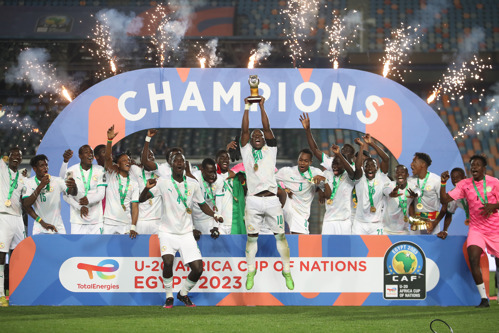
You mentioned the migration of talent to Europe. Do you fear not having the desired squad for the competition?
This affects all African teams. Our young players are at the age where they move to Europe, and agents are always on the lookout for talent.
To address these departures, we work with an extended squad of 160 players. So, if a player leaves, we have a replacement ready.